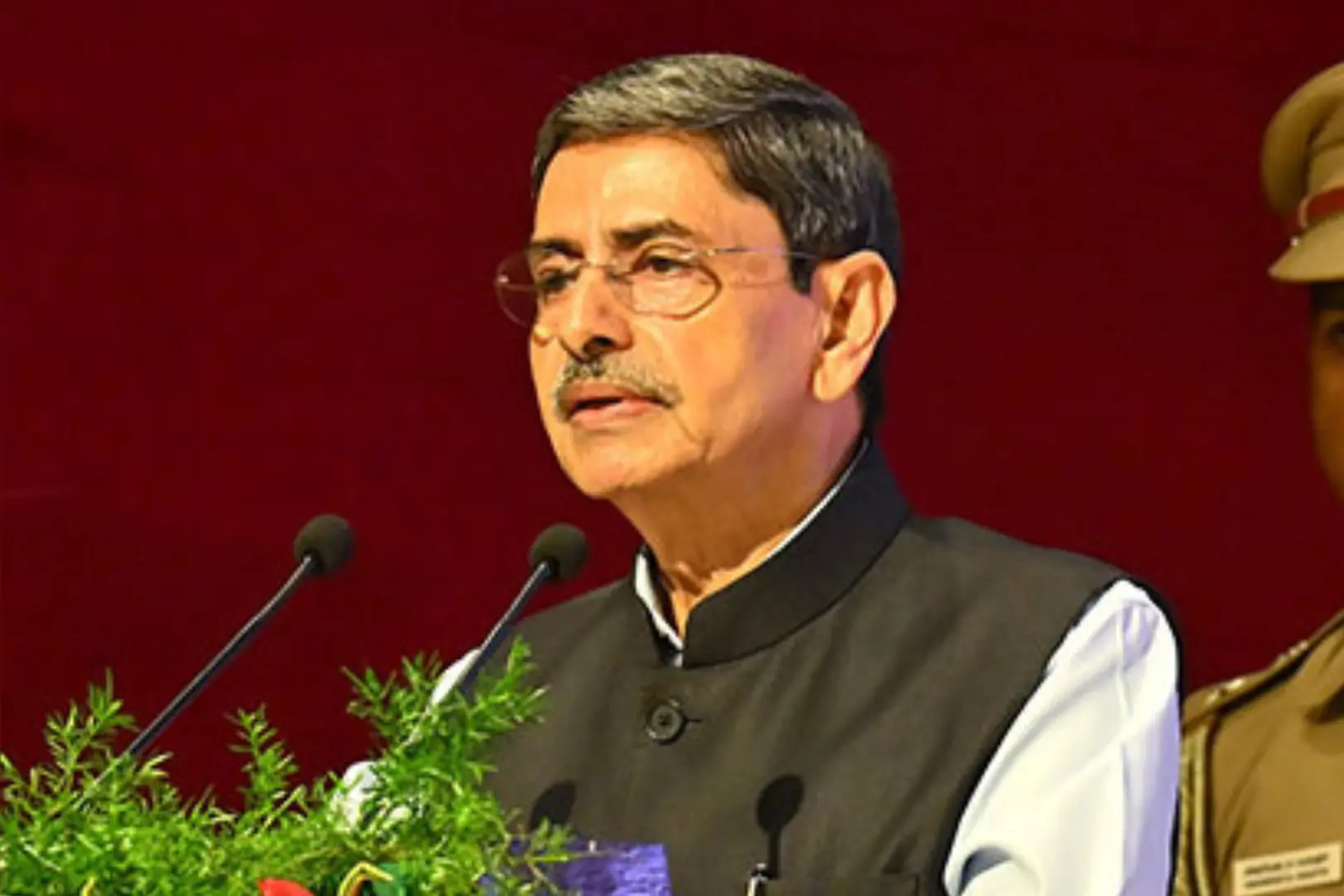06-Jan-2025, 11:04 AM
The Tamil Nadu Assembly witnessed significant drama on January 6, 2025, as Governor RN Ravi skipped his customary address, citing a lack of respect for the Constitution from the ruling DMK government. This incident marks yet another chapter in the ongoing tensions between the Governor and the state government, which have been characterized by a series of confrontations over various issues.
Governor Ravi’s decision to forgo his address was rooted in his disagreement with several passages prepared by the DMK. He emphasized that lending his voice to content he found morally and factually objectionable would constitute a “constitutional travesty.” During the assembly session, he expressed frustration over what he described as the government’s failure to show “due respect” to the national anthem, a concern he had raised previously without resolution. His comments were made after the assembly began with the state anthem, following which he abruptly concluded his remarks and left the chamber, leading to a brief commotion among legislators.
The backdrop to this incident includes a history of discord between Governor Ravi and Chief Minister MK Stalin’s administration. Previous assemblies have seen similar confrontations; notably, in February 2024, Ravi walked out after refusing to read an address that criticized the Centre on issues like GST compensation and expressed opposition to the Citizenship (Amendment) Act. His actions have drawn criticism for undermining constitutional procedures, as some experts argue that the Governor is constitutionally obligated to deliver the address prepared by the state government.
Speaker M Appavu attempted to maintain order during this latest episode, quickly taking over to read out the prepared speech in Tamil. He reiterated that while the Governor has a constitutional role in delivering this address, it is ultimately based on a text provided by the state government. Appavu expressed hope that future interactions would be more respectful and productive.
The ongoing tensions have implications beyond procedural disputes; they reflect deeper political rifts within Tamil Nadu’s governance structure. As both sides continue to navigate these conflicts, observers are left questioning how such confrontations will impact legislative processes and governance in the state moving forward.





